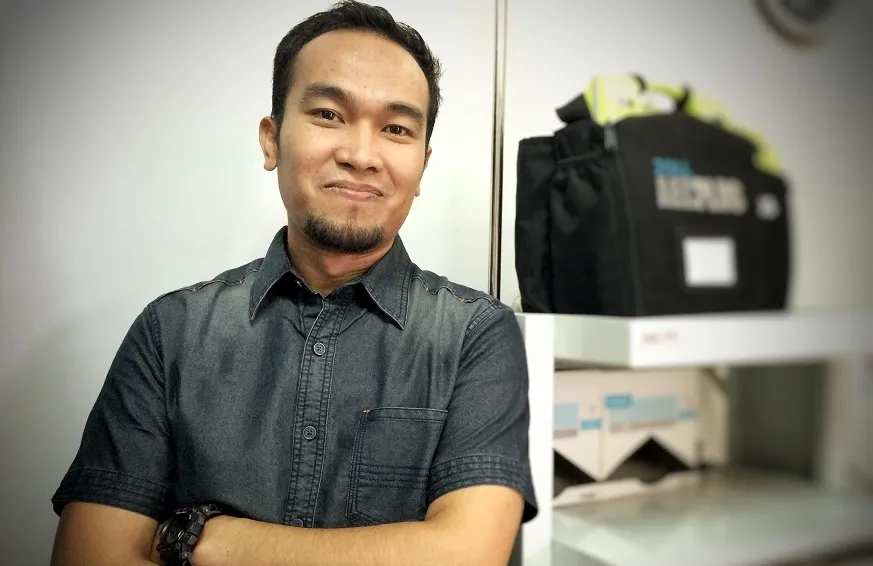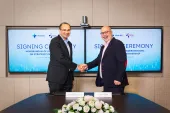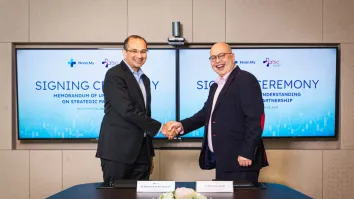
Here’s why piecing together Indonesia’s fragmented healthcare is no easy task
Harsono Sigalingging, chief medical officer at International SOS, says the country is traditionally divided in terms of healthcare.
With 5 years of experience dealing with cases of both emergency and non-emergency patients, Harsono began his healthcare career in public healthcare, and was the head of a community health center as well as a mobile clinic team.
Harsono has also since shifted to private healthcare when he joined International SOS, where he gained more experience in terms of international healthcare.
In International SOS, Harsono has worked as a general practitioner, a medical advisor, and currently, as Chief Medical Officer.
Harsono will be part of a panel that will talk about Piecing Together Indonesia’s Fragmented Healthcare at the Jakarta leg of the upcoming inaugural Healthcare Asia Forum 2016 this April 28. Here’s more about Harsono:
HCA: What are your key healthcare philosophies and ideologies?
What I value and focus the most is expertise and contributing. Recent survey shows that the patients had more confidence in the internet rather than their doctors. So, If we focus in contributing our very best in health expertise, we can build rapport more closely as human to human relationship with our patient.
HCA:Can you give us a glimpse of what you will talk about at the 2016 Healthcare Asia Forum?
Briefly, I will talk about fragmented healthcare in Indonesia, How our government address the issue in 2014, the progress, the obstacles and how we contribute better. Indonesian healthcare has traditionally been fragmented: private insurance schemes for those who could afford it, basic state provision for the very poorest, and NGOs in specialized areas providing support in between.
In 2013, 31% of Indonesia’s population of more than 250 million was uninsured; 61% were government-insured and just 8% enjoyed private health insurance. However, at the beginning of 2014, the Indonesian Government launched an ambitious project: to establish a compulsory national health insurance system with the aim of making basic care available to all by 2019. With the scheme, Jaminan Kesehatan Nasional (JKN); implemented by the newly-formed social security agency Badan Penyelenggara Jaminan Sosial Kesehatan (BPJS).



















 Advertise
Advertise






